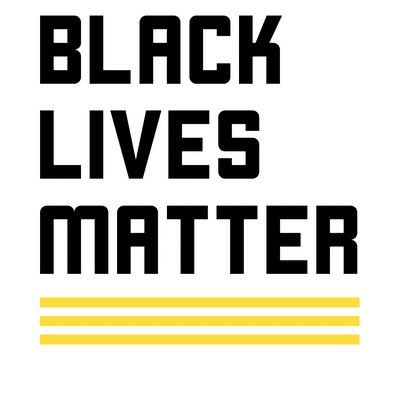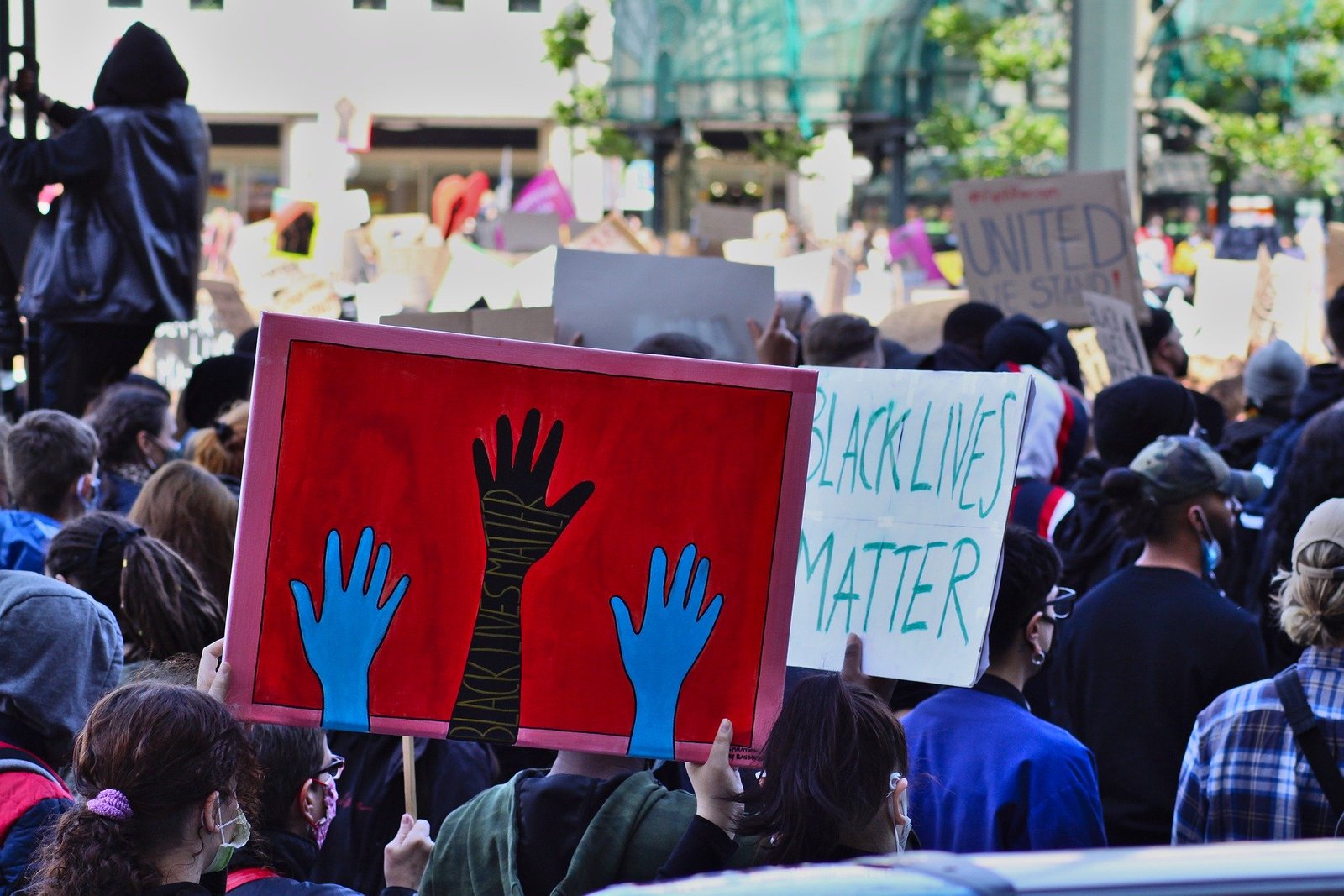Focusing on identities in our political conversations is divisive and restrictive. How can we shift the conversation back to principles?
Black. Woman. Uneducated, working-class background. These are some of the identities that are supposed to define me, that are supposed to give me a particular perspective in life. These identities today are supposed to give you knowledge about my ideas, beliefs, and opinions before you ever even meet me or listen to me. These identities are supposed to tell you and me who my enemies are and who shares common interests with me.
Can these accidents of birth, however, really tell you who I am?
I don’t think so. But many today firmly hold the belief that these identities reveal everything about me, and they will resort to insults and ad hominem attacks when they find out, through my own actions, that these identities do not tell you much at all about my ideas and opinions.
In fact, by focusing these identities onto our current political discussions, we deny the most important aspect of who we are: our capacity to be moral, autonomous agents.
Imposing identities upon us in accordance with expectations surrounding factors we cannot control, such as skin colour, denies the fact that we are capable of free thinking, capable of making conscious and rational decisions, capable of developing and expressing our own political and moral views and acting upon them.
‘Imposing identities upon us in accordance with expectations surrounding factors we cannot control, such as skin colour, denies the fact that we are capable of free thinking, capable of making conscious and rational decisions, capable of developing and expressing our own political and moral views and acting upon them.’
By focusing on these identities, we are also abandoning any chances to build bridges and go beyond our current divisions. When we focus on identities in the political context, we shift the focus away from discussing the kind the society we want to built. We end up discussing, rather, how different identities, seen as permanently and irreparably divided, can struggle and live parallel lives. It is about accepting the way things are instead of finding solutions to our social problems and making way for progress.
Do I really need to identify as a black woman to try to convince others of the importance of free speech? Should my identity as black woman be more important than the rational arguments I use?
Yes, there are differences between all of us, but discussing the merits of ideas regardless of who we are is the only way for us to understand each other across identities and culture. More importantly, despite our differences in culture and identity, we are all capable of hearing an idea, understanding it, disagreeing with it, developing it, and promoting it.

‘Despite our differences in culture and identity, we are all capable of hearing an idea, understanding it, disagreeing with it, developing it, and promoting it.’
I am not saying that these particular identities are not a part of who I am. What I am arguing is that when we focus on them in our political conversations, when we view ideas, the world, and others only through the prism of these identities, innate characteristics become more important than our ability to reach others through reason.
The focus on identities that are accidents of birth (biology, psychology, ancestry, culture) is leading us away from the idea that we are conscious and rational individuals. It is denying us our ability to transcend our given attributes in order to communicate with others and establish common goals and common interests.
If we insist that all ideas are determined by identities, if we cannot transcend these identities through the exercise of reason, if we cannot think beyond identity-prescribed interests, then there is no room for collective action and solidarity with others.
The only ‘solidarity’ available to us today is determined by our identities instead of our conscious decisions to fight with others for a common political cause. For example, as a black person, I am supposed to see other black people as having common interests with me, just because they happen to have the same identity. My personal experience with racism is supposed to lead me to think that another black person with her own personal experience of racism has more in common with me than a white person who knows me and lives with me. The rational debate that would lead us to determine which common values we want to support and which common interests we all have is abandoned and replaced by interests determined outside of our control.
If we wish to create a better society, we must convince others that our ideas are right, that they are good. When we try to convince someone by arguing that history and tradition make the idea right, we are actually saying to the person that they do not have to think through the idea themselves because others in the past already have for them.
When we try to convince someone by arguing that identity determines truth, like the idea that black people understand racism better than white people, we are effectively saying that our identities do the thinking for us and that only people with the same identity will be capable of understanding it.
If only an identity group can understand an idea then what we are asking others to do is to accept what we say without the possibility for them to criticise and discuss that idea.
‘If only an identity group can understand an idea then what we are asking others to do is to accept what we say without the possibility for them to criticise and discuss that idea.’
If, on the other hand, we see each other as rational agents capable of making our own decisions and not just as representative of a given identity, we open up the possibility for serious debate regarding the kind of society we want to create.
Political discourse will always involve division, otherwise it would be meaningless. We all have different ideological frameworks for understanding the world around us. These frameworks, however, should be discussed.
Personal, non-mutable identities, seen today as permanent barriers between people, cannot be criticised in the same way as ideas precisely because to do so would be to engage an ad hominem attack, which holds no basis in a logical discussion.
The climate today is becoming so increasingly restrictive for our own ideas and autonomy. I receive more abuse today from anti-racist activists than from racists because I do not follow the script my identity has laid out for me.
We need to go beyond our identities and prescribed interests, which are really only stereotypes, and determine our common values and interests as part of the collective human family.








Where it is significant is in drawing from a lived experience rather than dismissing it. So a black person in the US can provide primary data about frequency and types of bigotry encountered and their effect personally. Often in conversations a person not so effected may dismiss that input which is unwise.
I find that often the people making claims do the very thing they are stating others do. You state that one should not dismiss the lived experience of an individual and yet you are doing to this person. Our lived experiences are anecdotal. If we want to understand at group level we can't take just one person's experience and extrapolate it to the whole group. We need to study the group. In this way we can see the extent of the problem and what solution is needed - it may be at group level or it maybe geographical or indeed personal. The problem is thinking that all people from a particular group have the same experiences, have the same problems and need a solution (which would be inaccurate if it's taken from just one person). It is a waste of resources and may actually not help those worst affected - for example if there is flood in New York, there is no point in putting sand bags out across the whole of the USA is there? The second issue comes from the fact that some university departments are echo chambers which don't provide balance, therefore students aren't always learning the strengths and weaknesses of the different arguments. Just the strengths of theirs and the weaknesses of others. The dismissal of different points of views simply means one can't see the faulty logic that we all have at times. If one develops a skewed idea of society and the individuals in it, one can't come up with the correct solutions. So if you experience push back at times it's worth considering the argument not dismissing it. It is also worth remembering that we all have biases and that we all have to counter these.